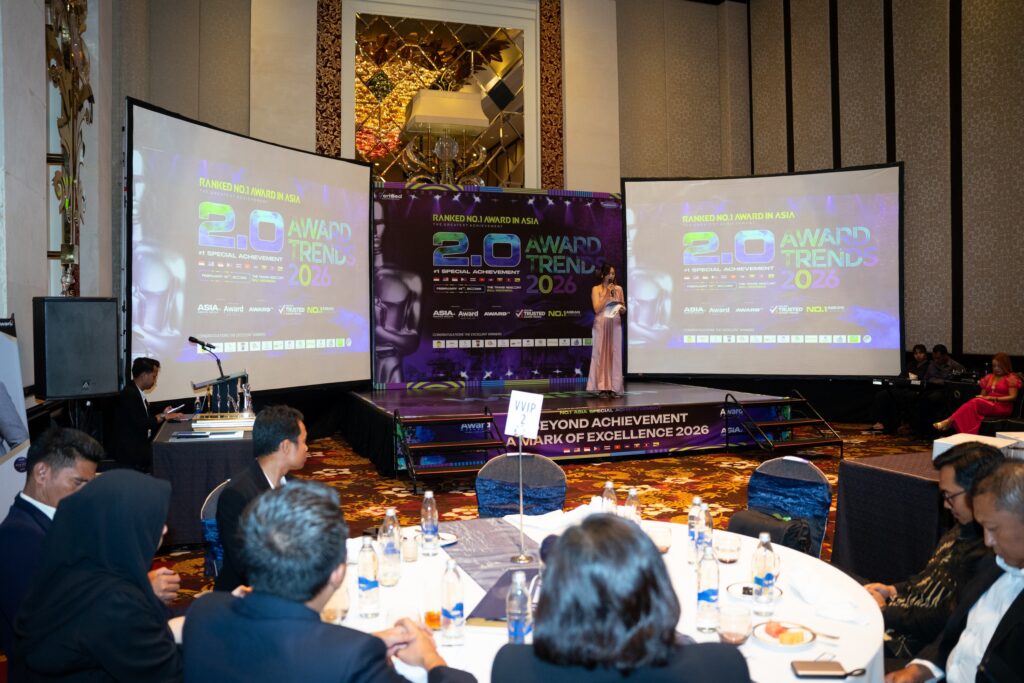Beijing – China has overtaken the United States for the first time in the number of universities featured in the Global 2000 rankings released by the Center for World University Rankings (CWUR), signaling a shift that may influence education policies and partnerships across ASEAN member states.
This year, 346 Chinese universities were listed, up from 324 last year, while the number of US institutions dropped from 329 to 319. The rankings highlight China’s growing investment in academic infrastructure, research capabilities, and global education influence.
Institutions such as Tsinghua University (ranked 37th), Peking University (44th), and the University of Chinese Academy of Sciences (46th) made significant strides, showcasing China’s ascent as a global academic powerhouse.
Nadim Mahassen, president of CWUR, noted that China’s universities are reaping the benefits of sustained government funding and policy focus. “China is fast becoming a serious contender on the global academic stage,” he said.
Meanwhile, US universities are facing a decline in rankings, with 83% dropping positions. This trend is attributed to reduced federal education funding and restrictive international student visa policies — developments that may encourage a redirection of academic flows across Asia.
For ASEAN nations, this shift presents both challenges and opportunities. As more Chinese students consider domestic options or look toward regional alternatives, countries like Singapore, Malaysia, and Thailand are intensifying efforts to attract international talent and build stronger academic ecosystems.
Chen Zhiwen of the Chinese Society of Educational Development Strategy highlighted that a decline in Chinese student enrollment in the US may benefit Asian institutions. “A more balanced, multipolar higher education landscape is emerging — and ASEAN has a chance to play a key role in shaping it,” he said.
With global academic power dynamics evolving, ASEAN countries are encouraged to pursue collaborative frameworks, enhance mobility programs, and invest in research diplomacy to stay relevant in this new era of education.







